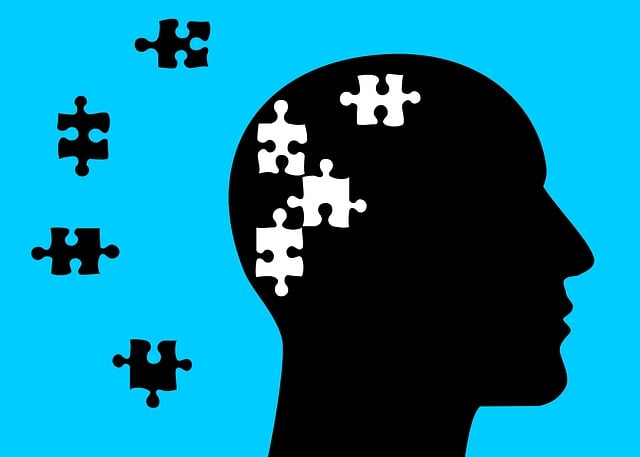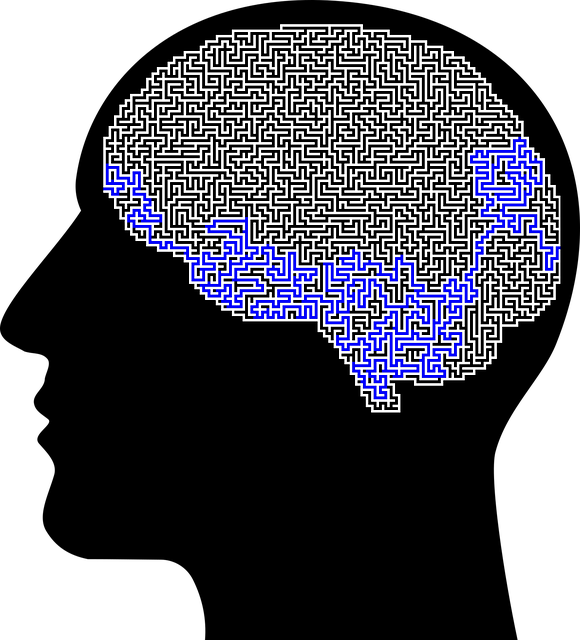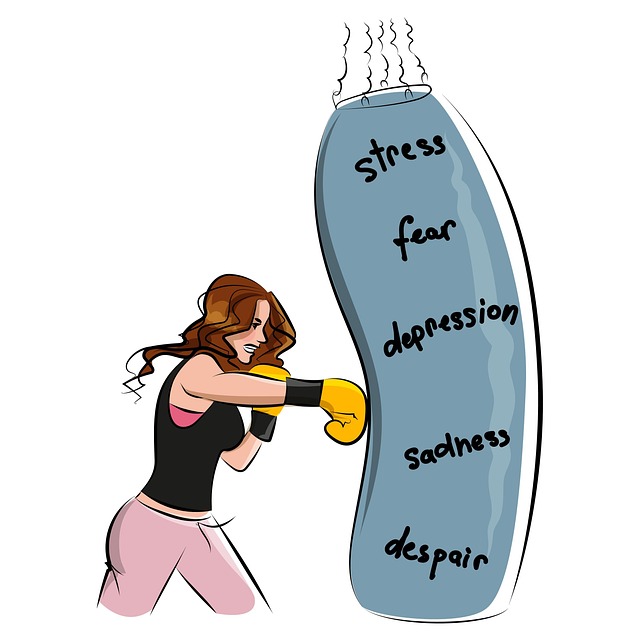Longmont Geriatrics Therapy focuses on emotion regulation as a cornerstone of well-being for older adults, utilizing evidence-based practices like cognitive-behavioral therapy and mindfulness training. Their tailored approaches empower clients to manage stress, anxiety, and trauma, build resilience, and enhance mood regulation. By fostering emotional intelligence, these techniques enable seniors to navigate life's challenges with grace, ultimately improving overall life satisfaction through a culturally sensitive, comprehensive approach to trauma support.
Emotion regulation techniques are essential tools for older adults seeking to enhance their emotional well-being. This comprehensive guide explores the role of Longmont Geriatrics Therapy in teaching these skills, focusing on strategies that empower individuals to manage emotions effectively. We delve into the benefits and real-world applications, highlighting how self-regulation can significantly improve quality of life. By understanding emotion regulation, older adults can unlock their emotional intelligence, leading to greater resilience and a richer daily experience.
- Understanding Emotion Regulation: Unlocking Emotional Intelligence in Older Adults
- The Role of Longmont Geriatrics Therapy in Teaching Effective Techniques
- Practical Strategies: Tools for Daily Management of Emotions
- Benefits and Real-World Applications: Enhancing Quality of Life Through Self-Regulation
Understanding Emotion Regulation: Unlocking Emotional Intelligence in Older Adults

Emotion regulation is a vital aspect of overall well-being, especially for older adults navigating life’s challenges. At Longmont Geriatrics Therapy, we recognize that understanding and managing emotions effectively can significantly enhance quality of life and foster resilience in this demographic. Through specialized therapy approaches, we guide our clients towards unlocking their emotional intelligence, enabling them to better cope with stress, anxiety, and other age-related emotional shifts.
By teaching powerful emotion regulation techniques, we empower older adults to build resilience, improve mood management skills, and prevent burnout. These evidence-based strategies allow individuals to gain a deeper understanding of their emotions, leading to more adaptive responses and an improved ability to navigate life’s twists and turns with grace and composure.
The Role of Longmont Geriatrics Therapy in Teaching Effective Techniques

Longmont Geriatrics Therapy plays a pivotal role in teaching effective emotion regulation techniques to individuals across all age groups. With a focus on holistic well-being, their skilled therapists employ evidence-based practices tailored to unique needs. By integrating approaches such as cognitive-behavioral therapy and mindfulness training, Longmont Geriatrics Therapy empowers clients to manage stress, anxiety, and even trauma effectively. This personalized approach not only enhances coping skills development but also fosters a sense of resilience.
In addition to addressing mental health challenges, these therapists facilitate the cultivation of positive thinking patterns. By teaching clients how to reframe negative thoughts and embrace optimism, they contribute to improved emotional intelligence and overall life satisfaction. The result is individuals who are better equipped to navigate life’s ups and downs with grace and composure, thanks to Longmont Geriatrics Therapy’s comprehensive Trauma Support Services.
Practical Strategies: Tools for Daily Management of Emotions

Emotion regulation techniques offer practical strategies for individuals to manage their emotions effectively on a daily basis. At Longmont Geriatrics Therapy, we recognize that emotional well-being is integral to overall health and quality of life, especially as we age. Our therapists are trained in various evidence-based approaches, such as cognitive behavioral therapy (CBT), mindfulness practices, and acceptance and commitment therapy (ACT). These methods empower clients with tools to identify and understand their emotions, regulate intense feelings, and foster a sense of resilience.
Through these techniques, individuals can learn to respond adaptively to stressful situations, improve their mood management skills, and even receive trauma support services if needed. Cultural sensitivity is at the core of our mental healthcare practice, ensuring that every client receives tailored care that respects their unique background, beliefs, and experiences. By integrating practical strategies into daily routines, Longmont Geriatrics Therapy helps individuals navigate emotional challenges with greater ease and confidence.
Benefits and Real-World Applications: Enhancing Quality of Life Through Self-Regulation

Emotion regulation techniques offer a multitude of benefits that can significantly enhance one’s quality of life. By learning to manage and control their emotional responses, individuals gain a powerful tool for improving overall well-being. This is particularly evident in various real-world applications, such as those provided by Longmont Geriatrics Therapy. These techniques empower people to navigate challenging situations with greater ease, fostering better relationships and improved mental health.
One of the key advantages is their role in conflict resolution techniques. Effective emotion regulation helps individuals respond constructively to disagreements or disputes, promoting healthier interactions and reducing the potential for escalating conflicts. Moreover, these skills are invaluable for trauma support services, enabling those who have experienced distressing events to process and manage their emotions in a safe and controlled manner. Coping skills development is another area where these techniques shine, providing individuals with strategies to cope with stress, anxiety, and other emotional challenges that may arise throughout life.
Longmont Geriatrics Therapy plays a pivotal role in empowering older adults to unlock their emotional intelligence through effective emotion regulation techniques. By understanding and managing emotions, individuals can significantly enhance their quality of life. The practical strategies outlined in this article provide valuable tools for daily emotional management, demonstrating the tangible benefits of self-regulation in various real-world scenarios. With the help of Longmont Geriatrics Therapy, older adults can navigate life’s challenges with greater resilience and emotional well-being.














